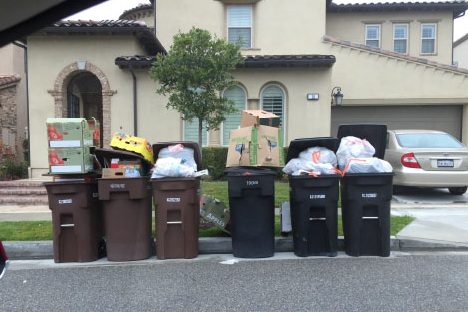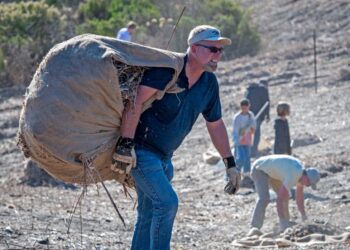The horror stories have not been enough — screaming fights after vulnerable people are kicked out of sober living homes in the middle of the night, relapsing residents vomiting on neighbor’s lawns, ambulances screeching into residential neighborhoods responding to overdoses — so officials are turning to the hard stuff:
Data.
Echoing the Southern California News Group’s Rehab Riviera probe, the newly renamed California Sober Living and Recovery Task Force along with the Association of California Cities Orange County are asking for raw data on law enforcement and code violation calls linked to recovery facilities.
The idea is to move beyond anecdote “to ascertain the fiscal and operational impacts to cities and counties for sober living and recovery home related calls and to understand additional common challenges communities encounter,” a report presented at its meeting July 14 said. “We are collaborating with regional law enforcement and various city community development departments to gather and analyze this information.”
The Mission Viejo-led task force is also eagerly awaiting the results of a newly ordered audit of the Department of Health Care Services, which oversees licensed addiction treatment facilities. Due next year, the audit was requested by Assemblymember Diane Dixon, R-Newport Beach, to “determine if DHCS is properly licensing, regulating and enforcing state laws.”
Many folks who live near these facilities will emphatically tell you DHCS is doing no such thing.
There’s a lack of enforcement from the state, and a refusal to let local governments step into the void, Dixon said at the meeting. “In our communities, we can enforce state vehicle laws — but not these,” she said. “There’s no data. No inputs, no outputs. Are these homes working? The pushback has been, ‘People get well and have a right to be in our neighborhoods.’ I don’t know. Are they getting well?”
Most residential treatment programs operate…
Read the full article here







